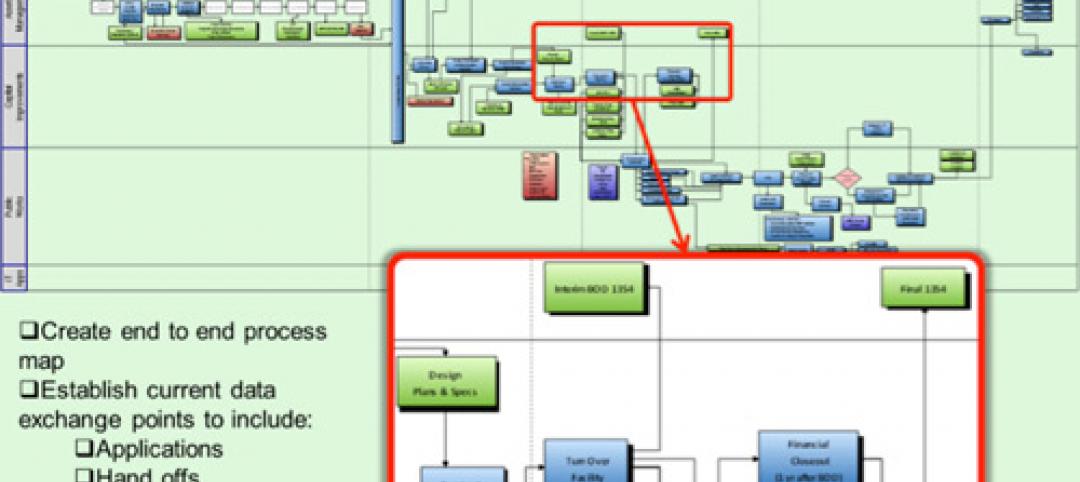The exterior aluminum cladding with flammable polyethylene core used on the Grenfell Tower in London is banned in the US on buildings taller than 40 feet.
The cladding is suspected of being the main factor in creating an inferno that killed at least 79 people in the residential tower. The plastic-and-aluminum panels on Grenfell Tower were reportedly also involved in three catastrophic fires in Dubai. Reports suggest it would have cost an additional £5,000 (about $6,300) for contractors to apply a fire-resistant version of the cladding to the building.
Other factors including the gap between the wall and the rain screen, which could have created a chimney effect and sped flames and smoke up the building’s exterior; ineffectual fire alarms; a lack of sprinklers; and just a single fire stairway instead of multiple ones have been suspected of contributing to the high loss of life.
Thousands of residential high rises across the U.K. are expected to undergo urgent safety reviews as a result of the tragedy.
Related Stories
| Oct 9, 2014
Cities get creative with stormwater management
Cities around the world are crafting stormwater management policies that include natural and manmade methods to store and absorb runoff to reduce flooding.
| Oct 2, 2014
Fannie Mae study says affordable rental units more energy efficient than market-rate units
Fannie Mae’s new report on energy usage in the multifamily sector found that affordable properties use 28% less energy per unit and are 29% smaller than market-rate properties.
| Oct 2, 2014
California Energy Commission launches code upgrade process
The California Energy Commission launched the upgrade process to Title 24, the state energy code, last month.
| Oct 2, 2014
Canals to mitigate flooding could be in Boston’s future
The Urban Land Institute held brainstorming sessions over the last several months involving more than 70 engineers, architects, and development and insurance specialists to examine how rising sea levels would affect four representative areas in and around Boston.
| Oct 2, 2014
Los Angeles reverses ban on high-rise slanted roofs and spires
Los Angeles reversed course last month on a regulation that had barred skyscrapers from having slanted roofs or spires.
| Sep 29, 2014
10 common deficiencies in aging healthcare facilities
VOA's Douglas King pinpoints the top issues that arise during healthcare facilities assessments, including missing fire/smoke dampers, out-of-place fire alarms, and poorly constructed doorways.
| Sep 29, 2014
Report finds links between office design, health and productivity
A new report from the World Green Building Council finds “overwhelming evidence” to support office design as a significant influencer of the health, wellbeing and productivity of staff.
| Sep 29, 2014
San Francisco office tower is first U.S. building to earn LEED Platinum v4 certification
One Sansome Street, San Francisco is the first building in the U.S. to achieve LEED Platinum v4 certification. The building is also only the second property worldwide to be awarded with v4 certification.
| Sep 29, 2014
Navy to begin BIM phased implementation in October
The U.S. Naval Facilities Engineering Command will begin its Building Information Management and Modeling (BIM) Phased Implementation Plan in October.
| Sep 18, 2014
GBCI to administer PEER certification for power grids and building projects
The Green Building Certification Institute (GBCI) will administer certification for the Performance Excellence in Electricity Renewal (PEER) program.















